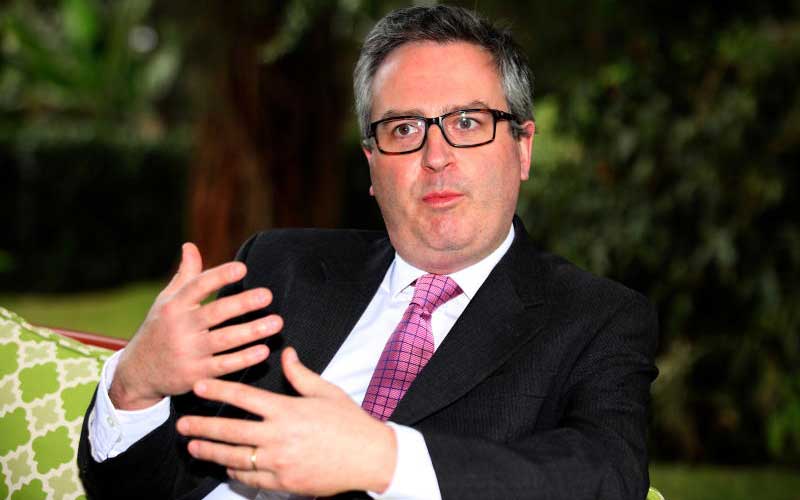×
The Standard e-Paper
Smart Minds Choose Us

Even as leaves, British High Commissioner to Kenya Nic Hailey is still scratching his head. His four years of duty in a station that has beguiled and “captured” Western envoys in the past have ended in a blend of impressions.
The country’s design and approach to anti-corruption fight befuddles him. He is unable to come to terms with the fact that elected leaders continue to hold office despite being charged in court with corruption allegations and other offences.